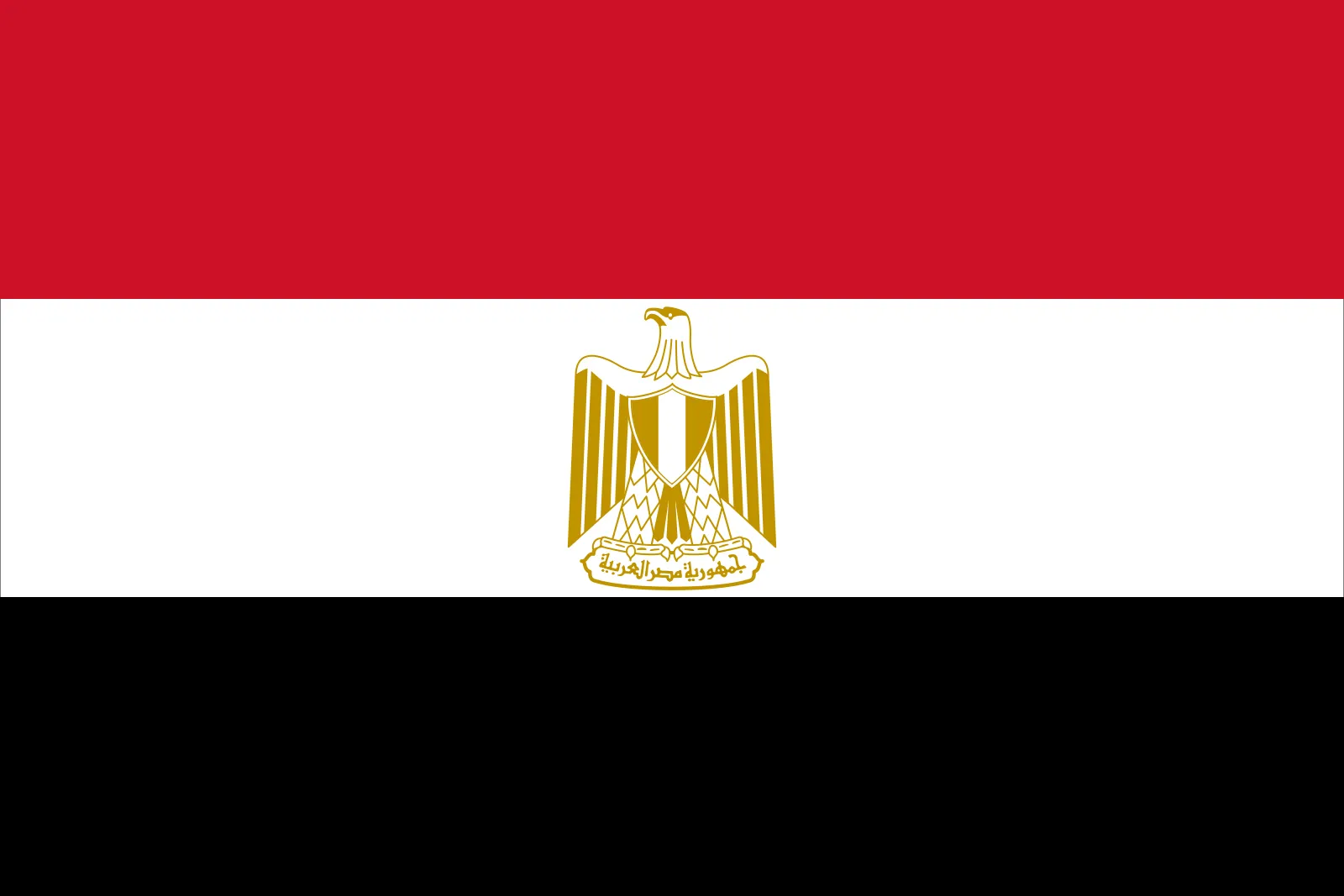
Khaled El-Enany, former Egyptian Minister of Tourism and Antiquities, has been elected Director-General of UNESCO for a four-year term, following a decisive vote by the organization’s Executive Board on Monday, October 6. El-Enany secured 55 votes against two for his Congolese rival, Firmin Edouard Matoko.
The announcement was made by UNESCO Executive Board President Vera El Khoury Lacoeuilhe, confirming Egypt’s growing influence in international cultural and scientific affairs.
El-Enany, who served as Egypt’s tourism and antiquities minister from 2016 to 2022, had garnered strong support from the League of Arab States, the African Union, and countries including Brazil, France, Germany, and Turkey.
El-Enany will officially take office on November 14, following formal appointment by the UNESCO General Conference in Samarkand, Uzbekistan, on November 9.
He succeeds Audrey Azoulay, who has led the organization since 2017, doubling its annual budget and promoting major initiatives, including the reconstruction of Mosul and the recognition of African cultural heritage.
Speaking to the press, El-Enany outlined his priorities, highlighting the immediate need to address an estimated 8 to 11% budget reduction following the planned departure of the United States in 2026.
“During my first 100 days, I will meet with all representatives of member states to develop a strategic plan to address the budget shortfall and improve the efficiency of UNESCO, which is often considered too bureaucratic,” he said.
El-Enany’s election comes at a critical time for UNESCO, as the organization faces fiscal pressures and challenges in maintaining its global cultural and scientific programs. Analysts note that his experience in managing Egypt’s tourism and heritage sectors could bring practical insights to overseeing UNESCO’s complex operations, particularly in promoting global cultural cooperation, safeguarding heritage sites, and enhancing educational initiatives.
With broad international backing and a clear mandate, Khaled El-Enany now faces the task of steering UNESCO through a period of financial uncertainty while maintaining its mission of promoting education, science, culture, and communication worldwide.



